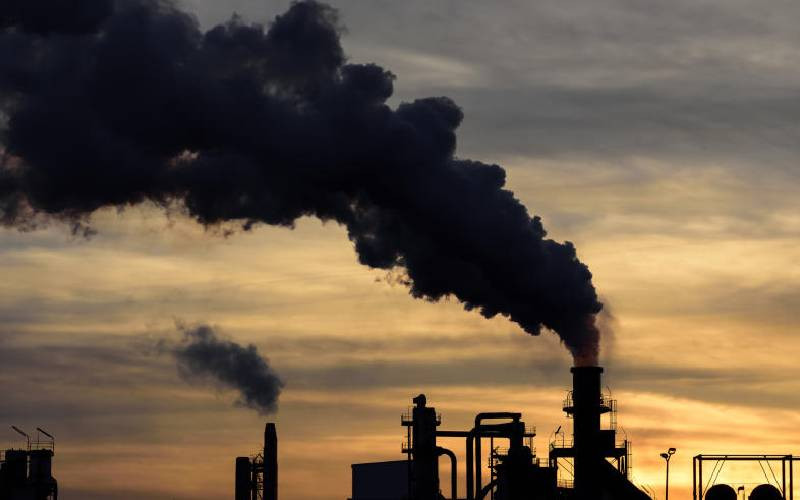×
The Standard e-Paper
Home To Bold Columnists

Economist Intelligence has projected in its latest 2023 Energy Outlook report that global energy consumption will grow by just 1.3 per cent in 2023, amid a slowing economy and high energy prices.
Waning gas supplies and extreme weather conditions will force many countries to fall back on fossil fuels, ultimately delaying the green energy transition.